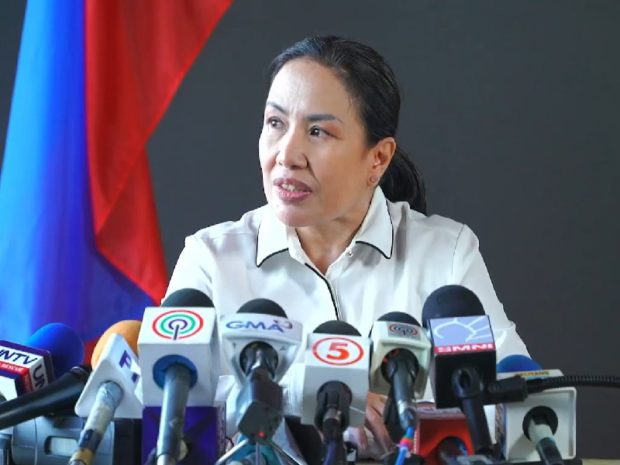MANILA, Philippines — The Presidential Anti-Corruption Commission (PACC) is no longer needed, Malacañang said Friday, citing an ongoing government push to streamline and simplify operations.
Press Secretary Trixie Cruz-Angeles said this after President Ferdinand “Bongbong” Marcos Jr.’s first issuance was the abolition of the anti-corruption body through Executive Order No. 1 last June 30, the same day as his inauguration.
“Basically the Presidential Anti-Corruption Commission… is not in line with streamlining. First of all, its nature is investigative, which can also be conducted by the Office of the Ombudsman,” Cruz-Angeles said in a press briefing.
Cruz-Angeles said that the PACC gathers evidence on presidential appointees and then files a case with the Ombudsman. However, she pointed out that a complaint can directly be filed with the Ombudsman even without the PACC.
“Whereas a complainant can file a case directly with the Ombudsman for investigation—and then later on preliminary case should it be a criminal case or full investigation with regard to administrative cases,” Cruz-Angeles said.
“In other words, there are other government agencies that address these already, so there’s no further need for the PACC,” she added.
Former President Rodrigo Duterte created the PACC back in 2017.
According to Executive Order No. 43, the PACC was mandated “to directly assist the President in investigating and/or hearing administrative cases primarily involving graft and/or corruption against all presidential appointees.”
Duterte created the PACC amid his allegations of corruption and “selective justice” against then Ombudsman Conchita Carpio-Morales and officials of the anti-graft agency.
Back then, the Ombudsman was investigating the alleged unexplained wealth of Duterte, which supposedly amounted to billions.
RELATED STORY:
Duterte creates Presidential Anti-Corruption Commission


